A degree in respiratory therapy prepares students for a rewarding career in health care, helping patients with heart, lung, and respiratory disorders. Graduates work in hospitals, nursing care homes, and doctor’s offices. The average annual salary is $77,960 in this fast-growing field, which is projected to grow by 13 percent over the next 10 years.
It can take up to two years to complete an associate degree in respiratory therapy, up to four years to complete a bachelor’s degree, and an additional two years to complete a master’s degree. The average yearly tuition for a four-year degree program is $14,688.
Why Trust Us
The Intelligent.com Higher Education Team is dedicated to providing students with independent, equitable school and program rankings and well-researched resources. Our expert-driven articles cover topics related to online colleges and programs, paying for school, and career outlooks. We use data from the U.S. Department of Education’s College Scorecard, the National Center for Education Statistics, and other reputable educational and professional organizations. Our academic advisory team reviews content and verifies accuracy throughout the year for the most current information. Partnerships do not influence rankings or editorial decisions.
- Analyzed over 2,000 national, accredited, and nonprofit colleges and universities
- 800+ rankings pages are reviewed and updated yearly
- Content is informed by reputable sources, surveys, and interviews with academic advisors and other experts
- Over 100 data points are reviewed for accuracy and quality throughout the year, including sources
How we rank schools
Our list features the best Respiratory Therapy degree programs at top colleges nationwide. Each school featured is a nonprofit, accredited institution — either public or private — with a high standard of academic quality for post-secondary institutions.
We evaluated each school’s program on tuition costs, admission, retention and graduation rates, faculty, reputation, and the student resources provided for online students. We collected data from trusted sources like the National Center for Education Statistics, individual school and program websites, school admissions counselors, and other data sources. Then, we calculated the Intelligent Score on a scale of 0 to 100 based on the following criterion:
Academic Quality:
- Admission rate versus enrollment rate
- Retention rate of students who return after year one
- Accreditation status (regional and programmatic)
- Nonprofit status, both private and public institutions
Graduation Rate
- Overall graduation rate
- Total number of currently enrolled students, including diversity metrics
- Student-to-faculty ratio
Cost and ROI
- In-state and out-of-state per-credit tuition rates and fees
- Required credits to graduate
- Earning potential after graduation
- Availability of federal student loans, scholarships, and other financial aid options
Student Resources
- Available student services for online-only and hybrid programs
- On-campus amenities like tutoring centers and the number of libraries
Read more about our ranking methodology.
Best 11 Accredited Respiratory Therapy Degree Programs
FiltersInstitution Type
Status
- Intelligent Score
- Alphabetically By University Name
- Acceptance Rate
- Enrollment
- In-state Graduate Tuition
- Out-of-state Graduate Tuition
- In-state Undergraduate Tuition
- Out-of-state Undergraduate Tuition

University of Mary
Intelligent Score: 98.10In-state: $17,980
Out-of-state: $17,980
In-state: $16,875
Out-of-state: $16,875
SAT: 1000-1220
ACT: 20-26
$894
On-Campus
Commission on Accreditation for Respiratory Care
124-136

University of Michigan-Flint
Intelligent Score: 97.23In-state: $16,520
Out-of-state: $53,669
In-state: $24,344
Out-of-state: $24,344
SAT: 1340-1520
ACT: 31-34
Resident: $536 - $543
Non-Resident: $1,070 - $1,085
On-Campus
Commission on Accreditation for Respiratory Care
124

Ohio State University
Intelligent Score: 95.92In-state: $10,615
Out-of-state: $32,599
In-state: $11,560
Out-of-state: $11,560
SAT: 1210-1430
ACT: 26-32
Resient: $492
Non-Resident: $1,062
On-Campus
Commission on Accreditation for Respiratory Care
120
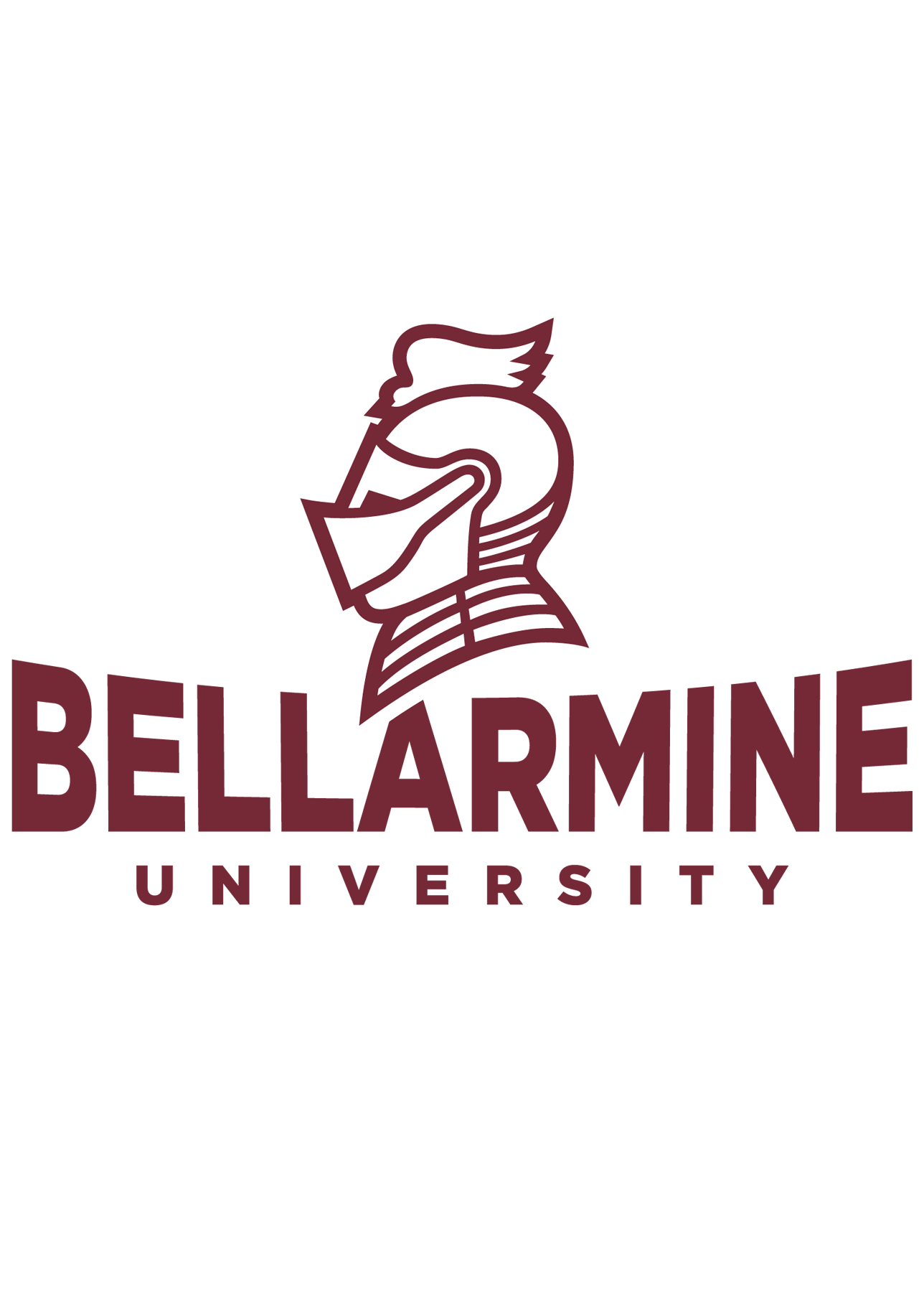
Bellarmine University
Intelligent Score: 95.04In-state: $41,520
Out-of-state: $41,520
In-state: $16,645
Out-of-state: $16,645
SAT: 1020-1280
ACT: 21-28
$1,241 - $1,965
On-Campus
Commission on Accreditation for Respiratory Care
120
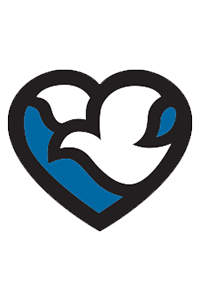
Nebraska Methodist College of Nursing and Allied Health
Intelligent Score: 94.9In-state: $33,309
Out-of-state: $33,309
In-state: $37,225
Out-of-state: $37,225
SAT: 1140
ACT: 22
$623
On-Campus
Commission on Accreditation for Respiratory Care
129

Salisbury University
Intelligent Score: 94.82In-state: $7,264
Out-of-state: $17,330
In-state: $8,769
Out-of-state: $8,769
SAT: N/A
ACT: N/A
Resident: $218 - $327
Non-Resident: $526 - $789
On-Campus
Commission on Accreditation for Respiratory Care
120
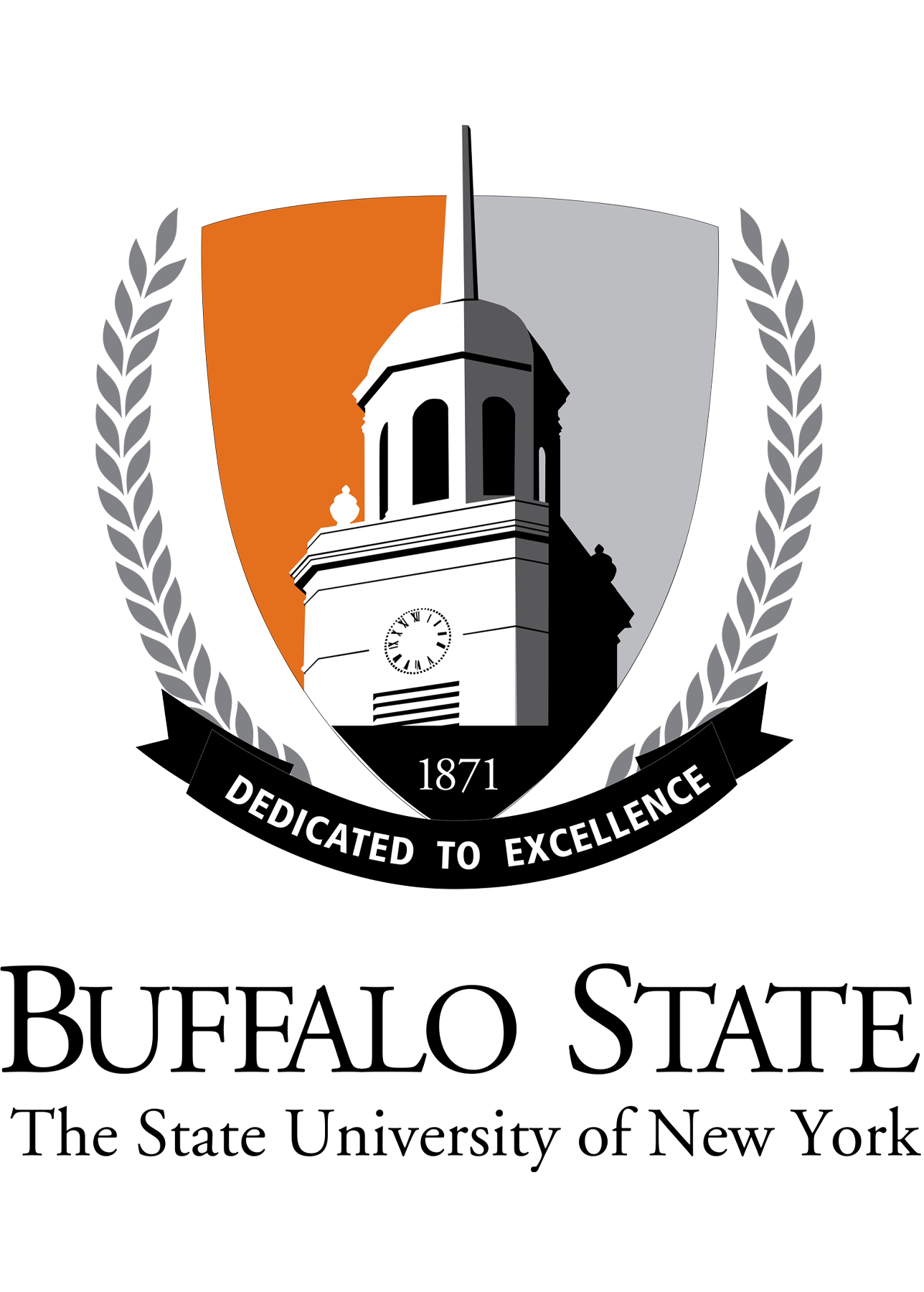
Upstate Medical University
Intelligent Score: 92.88In-state: $7,070
Out-of-state: $16,980
In-state: $11,310
Out-of-state: $11,310
SAT: 860-1060
ACT: N/A
Resident: $294
Non-Resident: $707
On-Campus
Commission on Accreditation for Respiratory Care
128
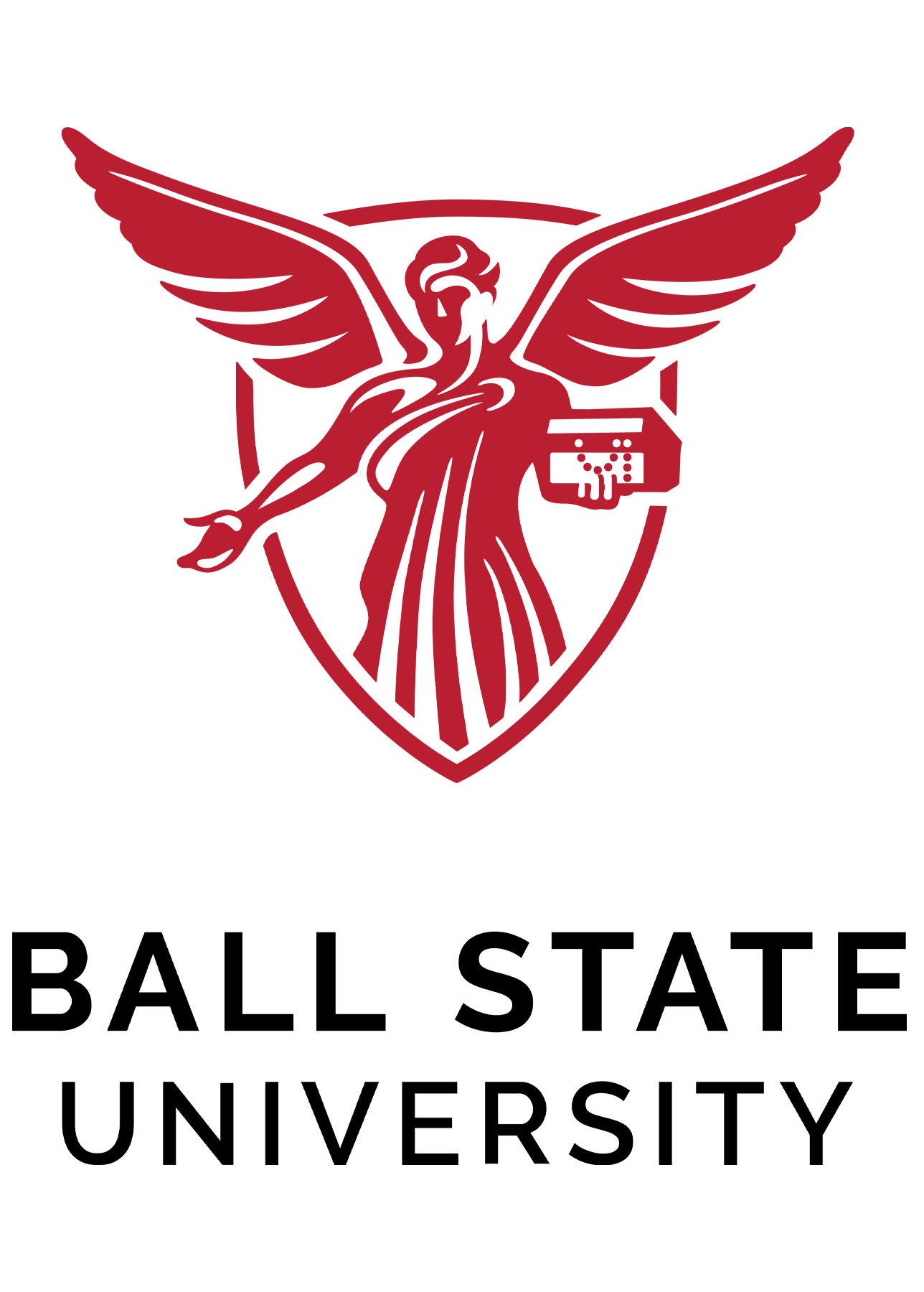
Ball State University
Intelligent Score: 92.54In-state: $9,482
Out-of-state: $26,470
In-state: $9,328
Out-of-state: $9,328
SAT: N/A
ACT: N/A
Resident: $248 - $372
Non-Resident: $763 - $1,145
On-Campus
Commission on Accreditation for Respiratory Care
134-136
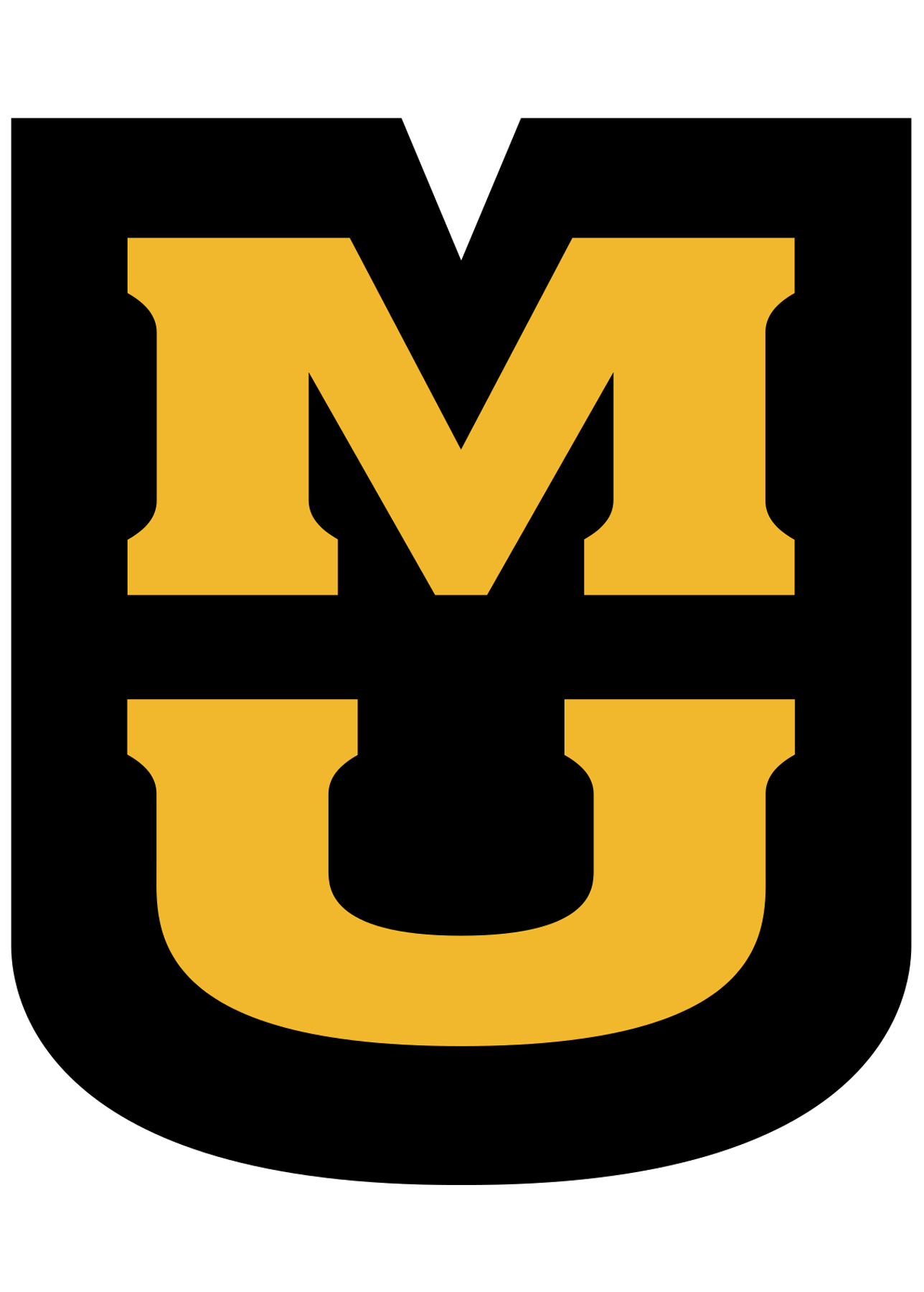
University of Missouri
Intelligent Score: 89.76In-state: $9,330
Out-of-state: $27,612
In-state: $9,478
Out-of-state: $9,478
SAT: 1110-1320
ACT: 23-29
Resident: $617
Non-Resident: $1,459
On-Campus
Commission on Accreditation for Respiratory Care
129

Indiana University - Purdue University Indianapolis
Intelligent Score: 89.46In-state: $9,815
Out-of-state: $36,194
In-state: $9,786
Out-of-state: $9,786
SAT: 1120-1350
ACT: 24-31
$308
On-Campus
Commission on Accreditation for Respiratory Care
120

Marywood University
Intelligent Score: 88.88In-state: $35,178
Out-of-state: $35,178
In-state: $9,888
Out-of-state: $9,888
SAT: 1000-1180
ACT: 22-26
$744
On-Campus
Commission on Accreditation for Respiratory Care
120
How to Choose a Respiratory Therapy Degree Program
Choose your area of study
A respiratory therapist must be licensed to practice in most states, but the level of education for job placement varies. The minimum education is an associate degree, but a bachelor’s or master’s degree can lead to more job opportunities and higher earning potential. Reflect on your career and personal goals, which will ultimately influence your program choice.
Graduates can attain an Associate of Science in respiratory therapy, a Bachelor of Science in respiratory therapy, or a Master of Science in respiratory therapy.
Successful graduates will sit for their certified respiratory therapist (CRT) examination and may go on to sit for the registered respiratory therapist (RRT). Other certifications include:
- Neonatal/pediatric respiratory care specialist (CRT-NPS or RRT-NPS)
- Sleep disorders specialist (CRT-SDS or RRT-SDS)
- Certified pulmonary function technologist (CPFT)
- Registered pulmonary function technologist (RPFT)
Research schools and programs
Begin the application process by researching the school or program’s credentials. Institutional and programmatic accreditation can impact your ability to attain financing, transfer credits, and sit for licensing exams. The Commission on Accreditation for Respiratory Care (CoARC) is the accrediting body for respiratory therapy programs in the United States.
You can learn more about an institution by visiting its campus and program facilities, meeting with an admissions counselor or program representative, and attending a virtual or in-person open house or information session.
Prepare for tests and applications
The application process will vary by school and program. Most institutions use an online application system that offers step-by-step prompts. Standard application materials include:
- Official school transcripts
- Letters of recommendation
- A personal statement or original essay
- SAT or ACT scores
Some institutions will only accept official transcripts from the issuing school. For the most accurate information or for guidance on the process, contact an admissions counselor.
Select your program
Now is the time to review your needs and goals, especially if you received acceptance to more than one school. Set parameters for logistical needs, including part-time or full-time enrollment and synchronous or asynchronous online classes.
All accredited respiratory therapist programs involve online or in-person coursework, hands-on lab work, and clinical experience. The proximity of your chosen school will influence your options, especially if you’re considering online programs or out-of-state institutions.
Determine how you’ll pay for your degree
Students applying to a respiratory therapy program should complete the Free Application for Federal Student Aid (FAFSA) to determine how much aid they’re eligible to receive. Contact the program administrator or an admissions counselor for grants, scholarships, or work-study opportunities specific to the institution.
Respiratory therapists are in demand. If you are currently working in the healthcare field, your employer may be willing to participate in a tuition reimbursement program. These programs are often performance-based and involve a post-graduation work term contract.
What Can You Expect From a Respiratory Therapy Degree Program?
Students in a respiratory therapy degree program learn how to evaluate and care for patients with heart, lung, and respiratory disorders. They’ll become experienced in administering treatments and medications, performing cardiopulmonary rehabilitation, and managing airways.
An associate degree, the basic requirement for licensing, can take up to two years to complete. A bachelor’s degree can take up to four years to complete, and a master’s degree requires an additional two years of postgraduate study.
Students can expect a combination of classroom, laboratory, and clinical work throughout their program. Graduates must demonstrate their skills by sitting for the licensure exams. To qualify for the exam, you must have completed a CoARC-accredited program.
The first exam is the Therapist Multiple-Choice (TMC) Examination for the certified respiratory therapist (CRT) designation. Students who pass with a high grade can then take the Clinical Simulation Examination (CSE) to become registered respiratory therapists (RRT).
Potential courses you’ll take in a respiratory therapy degree program
- Inorganic and Organic Chemistry. This introductory course teaches basic chemistry principles, including atomic structure, chemical bonding in ionic and molecular compounds, measurement and the metric system, chemical reactions and equations, and more.
- Microbiology. Students learn about the morphology and physiology of viruses, bacteria, and fungi, focusing on host-parasite relationships, the mechanisms of pathogenicity, principles of disease transmission, and the immune response. This course also teaches the techniques of microbial control, including aseptic, sterilization, disinfectants, antiseptics, and chemotherapy procedures.
- Human Anatomy and Physiology. This introductory course covers the basics of human anatomy and physiology, including the physical and chemical basis of life, histology, and the skeletal and muscular systems.
- Medical Terminology. Students learn medical terminology for practical applications in the healthcare field, including basic structure, prefixes, suffixes, abbreviations, and anatomical and physiological terminology. Students will also analyze components of medical terms and build their medical vocabulary in medical specialties.
- Respiratory Therapy Procedures. Students learn basic procedures, including how to check for vital signs, bedside pulmonary function testing, oxygen therapy, and medical asepsis. This course teaches students disaster and emergency procedures, respiratory therapy procedures, and how to handle and administer compressed gas.
Respiratory Therapy Degree Frequently Asked Questions
How do I apply to a respiratory therapy degree program?
Students can apply to a respiratory therapy degree program through the school’s online application system. Most programs require transcripts, test scores, and letters of recommendation.
You should also prepare a personal essay or statement that details why you’re a strong candidate for their program and how it will help you attain your career goals. Focus on your academics, related work experience, and volunteer work.
How much does a respiratory therapy degree cost?
The average yearly tuition for an associate degree in respiratory therapy is $3,885. Tuition for a bachelor’s degree at a four-year institution is $17,709 per year. The costs will vary depending on the type of institution, location, and program delivery.
These costs do not cover other necessary materials like books, lab fees, tools and supplies, and scrubs. Housing, meals, transportation, and other additional expenses will affect the total cost of the program.
How long does it take to earn a respiratory therapy degree?
An associate degree is a 60-credit program that can be completed in two years. A bachelor’s degree requires 120 credits and takes four years to complete, though some programs allow you to transfer credits from your associate’s program so you can work in increments. A master’s degree program is an additional 45 to 60 credits.
Clinical hours can take longer to complete, depending on your situation. Once you’ve completed the program, you have up to three years to pass your licensing exams.
